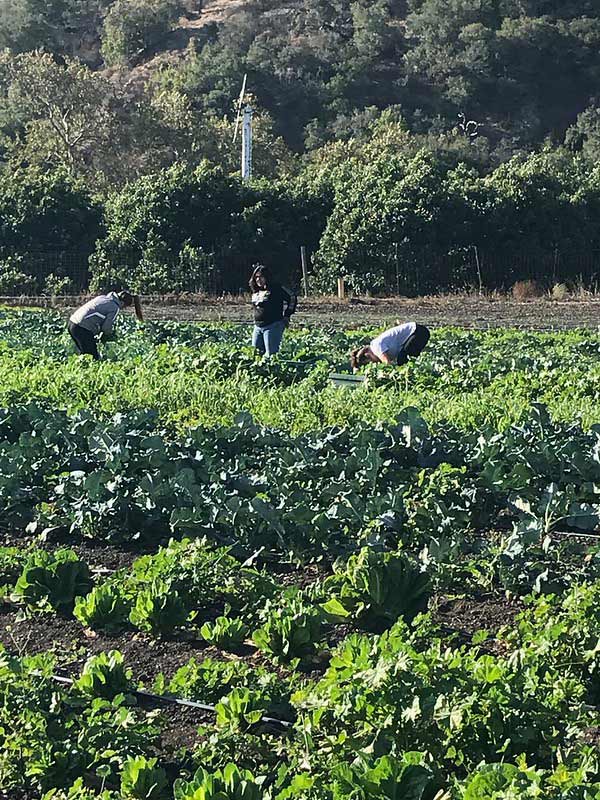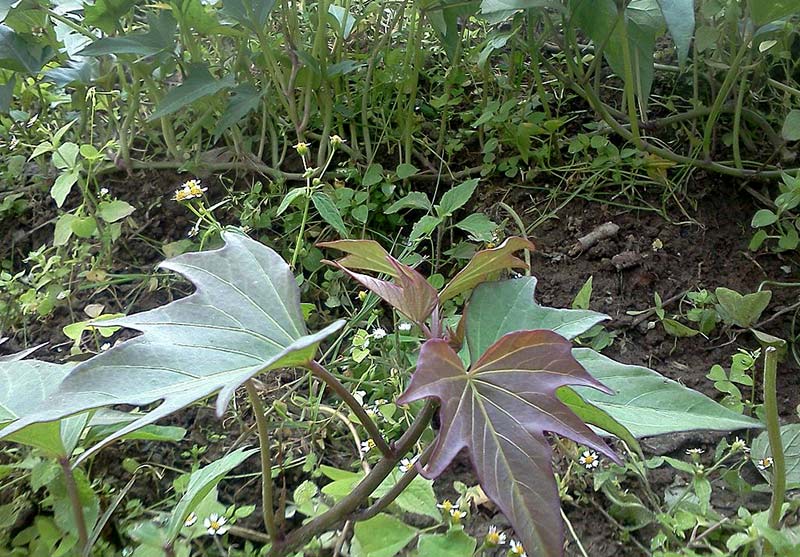Development and Assessment of Bacterial Wilt and Downy Mildew Resistant Cucumber Seedstocks – Year Two
Development and Assessment of Bacterial Wilt and Downy Mildew Resistant Cucumber Seedstocks – Year Two
 Edmund Frost, Farmer, Common Wealth Seed Growers LLC, Louisa, Virginia
Edmund Frost, Farmer, Common Wealth Seed Growers LLC, Louisa, Virginia
Downy mildew (DM) is a central limiting factor for cucumber production in the eastern U.S, especially for midseason and late season crops. Frost will continue his assessment of DM resistant cucumber seedstocks, with increased focus on evaluating and advancing high-performing lines selected in 2018. Trials will take place at University of Massachusetts, North Carolina A&T University, University of Mount Olive, and four farms around the Southeast U.S. Trials will evaluate yields in high-DM conditions, rate the impact of DM on foliage, and provide feedback on fruit quality and marketability. Frost will conduct a BW-focused trial in early-planted, low-DM conditions on his own farm, as well as a late-season breeding trial of his selected slicing and pickling cucumber lines.
Impact: New cucumber varieties that are easier to grow, offer a longer harvest window, yield better under disease pressure, and help assure conventional farmers considering organic certification that transition is workable.



 Aysha Peterson, Ph.D. Student, University of California, Santa Cruz
Aysha Peterson, Ph.D. Student, University of California, Santa Cruz
